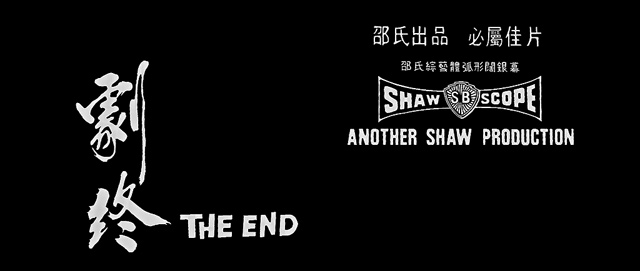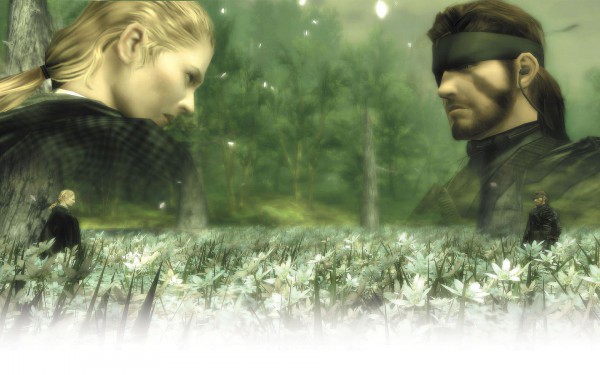 The Descendants
The Descendants
Written by Alexander Payne, Nat Faxon and Jim Rash, based on Kaui Hart Hemmings’s novel
Directed by Alexander Payne
USA, 2011
If it’s true that filmmakers spend their careers repeatedly remaking the same movie, few filmmakers seem to relish the prospect of repetition to the same degree as Alexander Payne. After cutting his teeth with a pair of acerbic dark comedies (Citizen Ruth and Election), Payne has chosen to systematically hone in on the angst of middle-aged (and up) American males for whom circumstances have conspired against them. Where Sideways and About Schmidt occasionally struggled to balance sober inquiry and broad humor, though, The Descendants finds Payne refining his recent formula, making for his most confident film since his early work, and certainly his most affecting to date.
George Clooney has made a career of starring in slightly-left-of-the-dial auteur vehicles – from Anton Corbijn’s The American, to Steven Soderbergh’s take on Solaris, to his own The Ides of March, and even Wes Anderson’s Fantastic Mr. Fox – but no other film has made such an ideal use of his gracefully weathering features and canny internalization of churning conflict. Here he stars as Matt King, a lawyer whose family has been living in Hawaii for generations, and whose land claim has steadily appreciated in value over generations. Thanks to new legislation, though, his family’s ownership of the land must be dissolved, and Matt is in charge of overseeing the possibly-lucrative deal to hand over the deed. Though his entire extended family eagerly awaits his decision, Matt’s principal focus is on his wife (Patricia Hastie, silent but ever-present in one manner or another), who lies in a coma following a high-speed boating accident. When he learns that she will not awake and her will dictates that she be taken off of life support, he marshals his two daughters (Shailene Woodley and Amara Miller) and sets out to inform friends and family of his wife’s condition, only to be brusquely informed that his wife was in love with another man, a real-estate agent (Matthew Lillard) with ties to the forthcoming deal.
Payne’s film is deceptive in the way it gradually folds in complications that intimate difficult themes without beating the viewer into submission with them. Matt’s final acts of the film are marked by a sense of both personal responsibility and black spite, and it’s not necessarily cut-and-dry as to which force exerts more power. What is clear is that Matt’s frequent reveries on his family’s past and inheritance, and the naggingly arbitrary fashion in which his family’s trajectory has been altered, grant the film a much-needed relevance and universality given the one-percenter dilemma upon which a surprising amount of the movie pivots. Instead, Matt’s choices feel very much like a return to Payne’s pet concern, that of individuals fighting – nobly or otherwise – against the inevitable, and in particular the march of time. Despite the film’s scenes of almost dizzying sadness, though, The Descendants is not a despairing film, merely an observant one. Though Payne occasionally errs on the side of punishing his hero – when Matt finally faces his cuckolder and asks to know whether he’s seen the inside of Matt’s bedroom, it’s telling that we already know the answer – there’s little about the film that feels needlessly contrived. Like the waves tirelessly lapping on the peaceful shores of the property Matt will soon relinquish (as the all-Hawaiian soundtrack gently, but near-constantly, lilts in the background), what befalls Matt and his family in The Descendants feels natural.
While the comic aspects of Payne’s work still hits a false note on occasion – Matt’s daughters’ profanity is a comedy well visited a few times too many – The Descendants feels in many ways like the successful culmination of his recent series of films, crystallizing his concerns and unfussily evoking the small ways we feel compelled to both honor and combat our fates, not to mention our own petty impulses, as well as the way seemingly small stories conspire to shape our collective history.
Simon Howell






